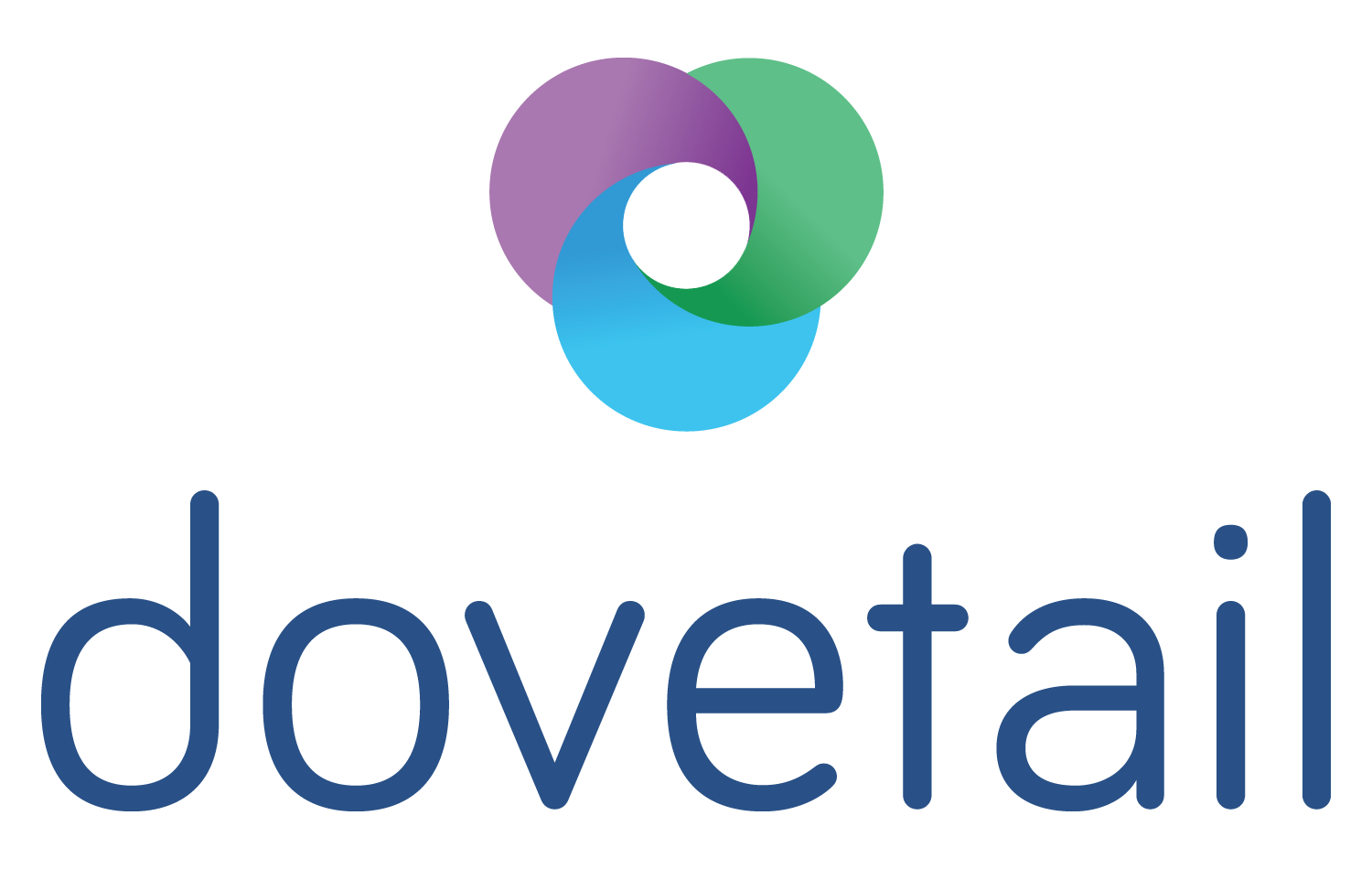Value from a fresh perspective: Evaluating youth mental health services in Aotearoa
By Adrian Field and Georgia Parslow
Te Whatu Ora – Health New Zealand recently released our evaluation of the Youth Primary Mental Health and Addictions (Youth PMHA) initiative, which we led in partnership with collaborators. The initiative invested $45 million in expanding access to, and choice of, support for rangatahi (young people) aged 12 to 24 years of age experiencing mild to moderate mental health or addiction distress.
This was an exciting two-year assignment, providing a launchpad for applying Value for Investment methodologies, and working with our network of highly skilled associates.
Re-framing ‘value’ through Value for Investment
This evaluation is one of our first projects to fully apply the Value for Investment (VfI) approach, developed by our close colleague Dr Julian King. In parallel, our collaborators Nan Wehipeihana and Kellie Spee provided kaupapa Māori leadership to underpin our work.
Value for Investment examines how well are we using resources; does the resource use create enough value; and how can we create more value from these resources. Our work explored how value is being created through Youth PMHA and the extent to which it is:
Looking after resources equitably and economically – by expanding existing knowledge, expertise and flexibility of service delivery through contracting.
Delivering services equitably and efficiently – by breaking down access barriers, offering more support options and tailoring interventions to reach different groups of young people.
Generating social value equitably and effectively – by supporting young people and their whānau and enabling effective system-wide resource use.
Outcomes for Māori, Pacific, migrant, rainbow and other traditionally underserved populations were explored across all aspects of the evaluation.
Applying a collaborative co-design and participatory approach
As an initiative that held 22 contracts with 33 providers, this evaluation touched almost all corners of Aotearoa. We co-designed our approach with youth advisors, including establishing clear and transparent criteria for the value delivered by the initiative.
We gathered a wide range of perspectives, including direct engagement with young people, rangatahi Māori and whānau, and staff from YPMHA services. We also gathered insights via online surveys from young people accessing services and staff members from YPMHA providers.
We supplied regular updates to providers throughout the project to sustain buy-in, trust in the evaluation and momentum.
Prioritising rangatahi perspectives on value
Another unique feature of this evaluation was the weight given to the perspectives of rangatahi. An advisory group that included young people was set up to ensure our approach remained relevant and sensitive to the nature of the discussions with rangatahi and their whānau.
We engaged young researchers and kaupapa Māori researchers to lead many of the interviews, and privileged rangatahi voices above provider perspectives in reporting. We are humbled by the generosity of rangatahi who participated in the evaluation and shared their stories with us, many of whom have made significant progress in their wellbeing journey with the support they received from the services.
Key findings from the evaluation
At the time of research, Youth PMHA services were becoming established, and the same time growing and evolving to meet the needs of rangatahi. According to most evaluative criteria the initiative is on a pathway to excellence, particularly in terms of enabling equitable and flexible access to services, and the value and impact that rangatahi and whānau are reporting in their engagement with services.
Value emerging from Youth PMHA services include the following:
Becoming easier to access.
Offering greater choice for young people to determine what support they receive, where and from whom.
Responsive and adapt to the changing needs of rangatahi.
Kind, inclusive, welcoming and relevant to rangatahi
Expanding access to culturally specific support options, particularly kaupapa Māori
Increasing support options for Rainbow youth
Connecting with other service providers to offer a network of support options.
Through Youth PMHA, young people reported that they were meeting their personal goals, better-managing stress, and becoming more resilient and making better choices. Many rangatahi reported that they were strengthening their relationships with their whānau and communities, and many rangatahi Māori reported that they were able to engage with their Māori identity as part of their wellbeing journey.
A lack of quantitative data available, particularly on service outcomes, together with the experiences of rangatahi who disengaged from services, limited the extent to which value can be assessed and are important areas for further development.
Nevertheless, we found that that Youth PMHA is a good use of resources, and justifies both maintaining the direction of development, and further building a culture of learning and improvement. As providers establish themselves and form linkages across geographical regions, as well as between primary, community and secondary care, the initiative is well-positioned to deliver ongoing value.
Accessing the reports and other resources
You can read the full published evaluation report here and this link will take you to the exemplar report that details the VfI approach through the lens of the Youth PMHA evaluation. Further information on the overall Access and Choice initiative, including evaluations of other initiatives under the Access and Choice umbrella.
Our thanks to all participants in this research, including the young people, whānau, and staff of service providers and Te Whatu Ora who participated in this research, and our evaluation advisory group, who all offered their time, thoughts and reflections. Tuku mihi ki a koutou katoa.
We also acknowledge our co-authors in the evaluation: Alicia Crocket, Emily Garden, Julian King, Michelle Moss, Aaron Schiff, Kellie Spee and Nan Wehipeihana; together with Dr Uvonne Callan-Bartkiw for psychological response support to the team and internal peer review.
This Value for Investment evaluation was funded by Te Whatu Ora – Health New Zealand.

